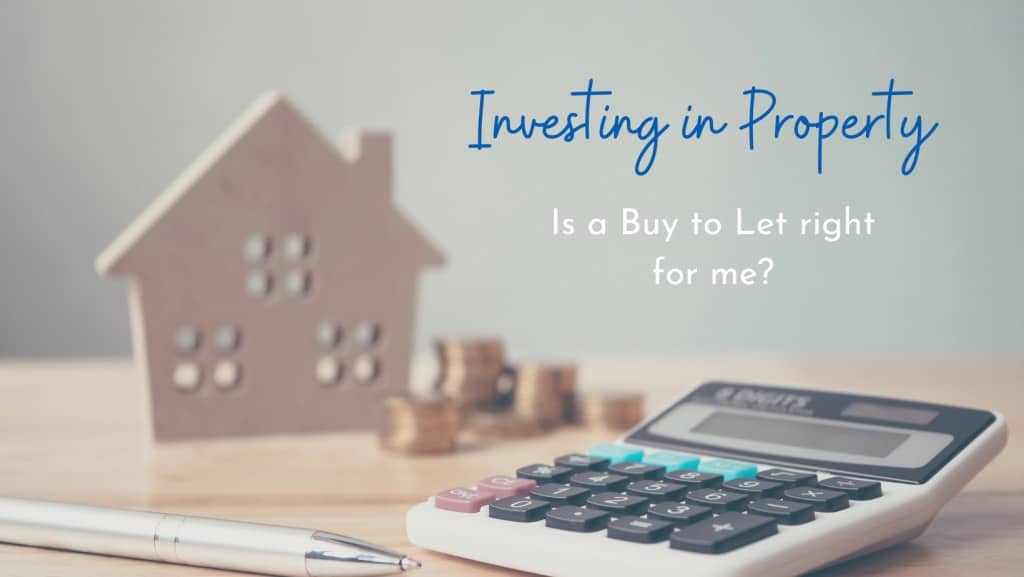Investing in Property
Investing in property is not a decision that should be taken lightly. Many people go down this path as a means of making money, but it’s important to go into this business with your eyes open and not just simply focusing on the financial gains that can be associated with it. So how exactly should you go about investing in property?
The main thing to bear in mind is your objectives. If your objectives are clear from the start, then you’re more likely to get what you want out of your investment and be a successful landlord.

Plan Your Finances
Know from the offset what your financial intentions are. Will the money be used as your regular income or will it be set aside as capital growth? Deciding to become a landlord essentially means setting up your own business, so it’s important to think about every aspect.
Do your Research
With over 160 laws around buy-to-let, realistically, you’re never going to remember each and every one of these. You might want to appoint a letting agent who will know more about these rules and regulations around investing in property, but we still recommend you take the time to learn the main ones in order to maintain the safety of your tenants.
Get Advice
Speak to a mortgage adviser and an accountant to better understand your financial situation and what your options are. The property investment market can fluctuate, depending on the economic state at any given time, so it’s crucial to speak with a mortgage adviser in order to protect your finances and ensure your property, should the market take a turn for the worse.
Exit plan
This is probably the last thing you’re thinking about right now, but it’s important to consider your exit from the buy-to-let market, just as much as your entrance to it. Having a clear exit plan will also help you settle your finances in the most tax-efficient way possible.
In contrast, there are certain things you should always be aware of as a landlord:
- Seeing a property and diving straight into buying it with no wider consideration of the buy-to-let market. This includes not seeking the right mortgage advice, and therefore not understanding the implications of tax and other costs involved with renting out a property – not to mention the responsibility that comes hand in hand with being a landlord.
- Think about protecting your property or your finances against the worst-case scenario, should anything happen.
- The buy-to-let laws and regulations are always changing, so it’s important to keep up to date with them and continuously protect your tenants.
- It’s important to understand all of the requirements that becoming a landlord entails. For example, keeping the property in good condition, looking after your tenant’s needs, and dealing with paperwork accordingly.

